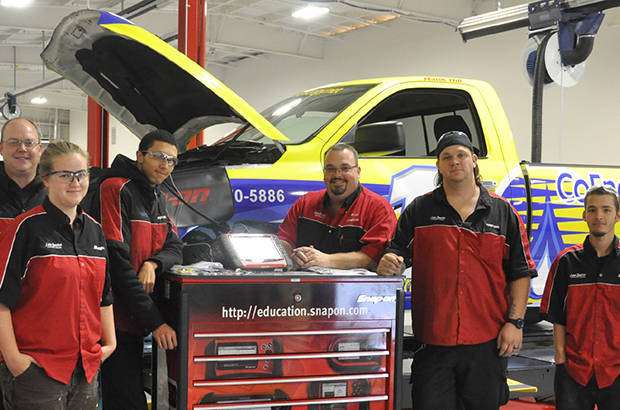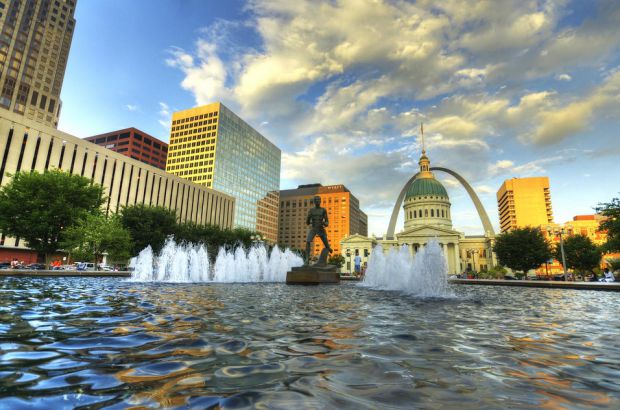
“Transition is inevitable. Justice is not.”- Quinton Sankofa, Movement Generation
Climate disruption isn’t an “environmental” issue in the usual sense. It’s a basic matter of social and economic justice.
The impacts of climate change generally hit first and worst on those who do the least to cause it and are the most vulnerable to the consequences. And the primary cause of climate change–fossil fuel extraction, transportation and combustion–takes a heavy toll on the health and well-being of communities of color, indigenous people, and low-income communities.
So addressing the climate challenge means more than emission reduction, more than simply mitigating environmental impacts of our economic and energy systems. It means rebuilding those systems to deliver sustainable prosperity–economic health that works for a long time and a lot more people.
A clean energy economy can offer that promise. It can produce economic vitality in the present without destroying the future. It can produce shared prosperity, by reducing the concentrated economic power of fossil fuel suppliers, investing in communities, and increasing reliance on abundant local resources.
But this transition won’t be easy or quick. It’s a huge social and economic shift, and that always poses challenges, particularly for those who live closest to the economic margins and those who rely on fossil fuel industries for work. The clean energy transition is about shrinking carbon footprints, but it won’t work unless it’s also about growing:
- Economic security
- Opportunities for all – good work, strong local economies, shared prosperity
- Affordable energy and transportation services
- Healthier communities

Oct 14: We come together for climate action
#PeoplesClimate actions are taking place across the country on Oct 14! In Seattle, join author Naomi Klein and a diverse coalition of local leaders bringing hope and action to the fight against climate change.

Oil Refining – Huge Profits for a Few, Huge Risks for Workers
The erosion of workplace safety and health standards amidst abundant oil profits is more evidence of the ravages of the fossil fuel economy.

Automotivated
An Oregon community college is fueling the future, fostering a new generation of mechanics in cleaner alternatives.
Donate
Connect
Join our email list to learn about what we do and how to get involved.



